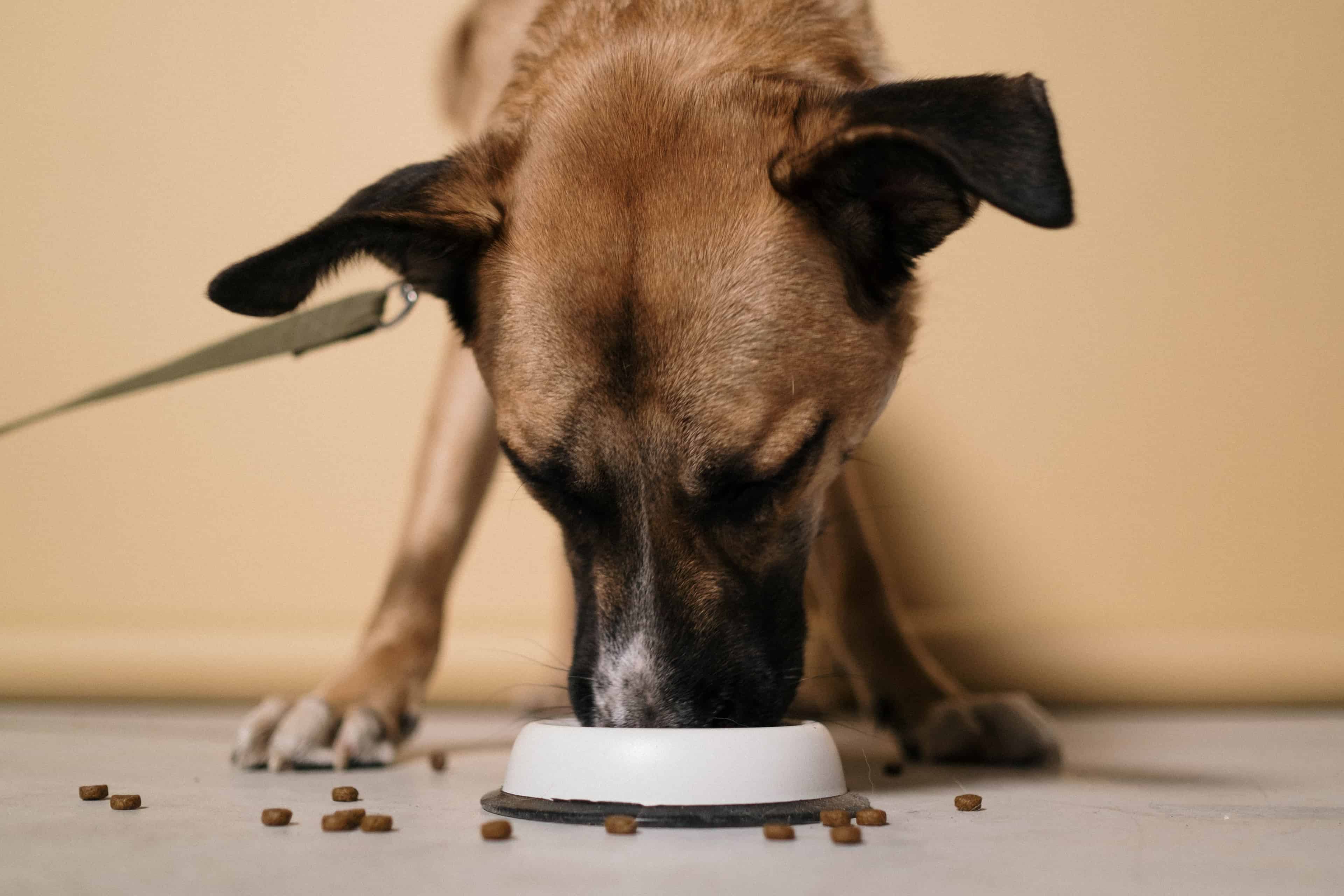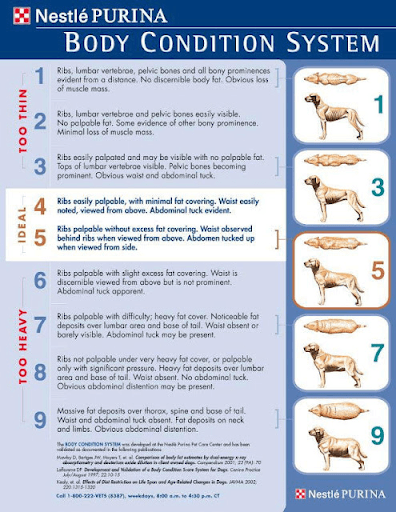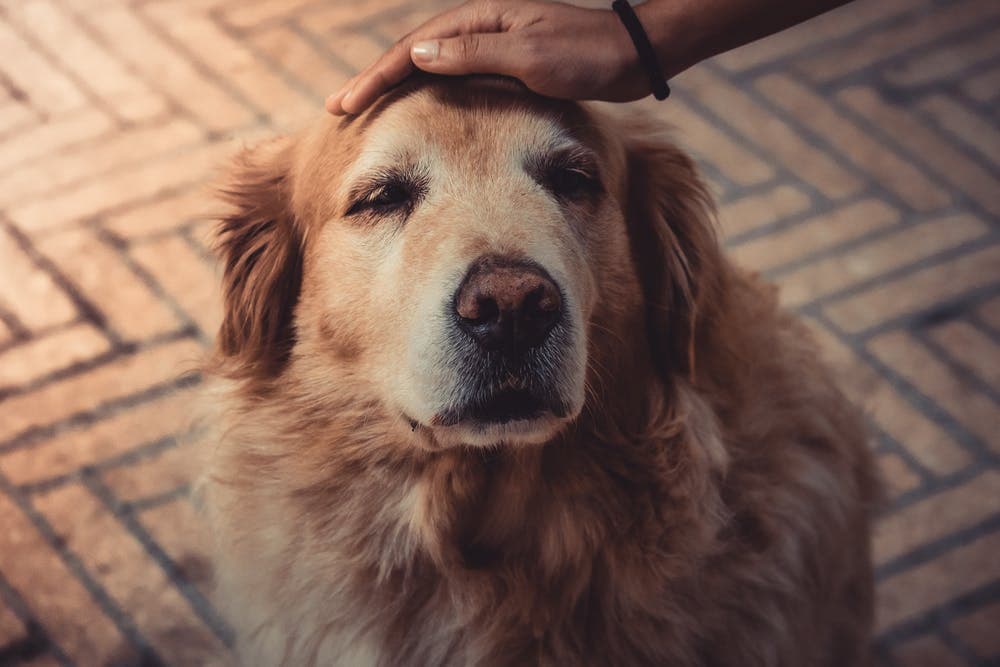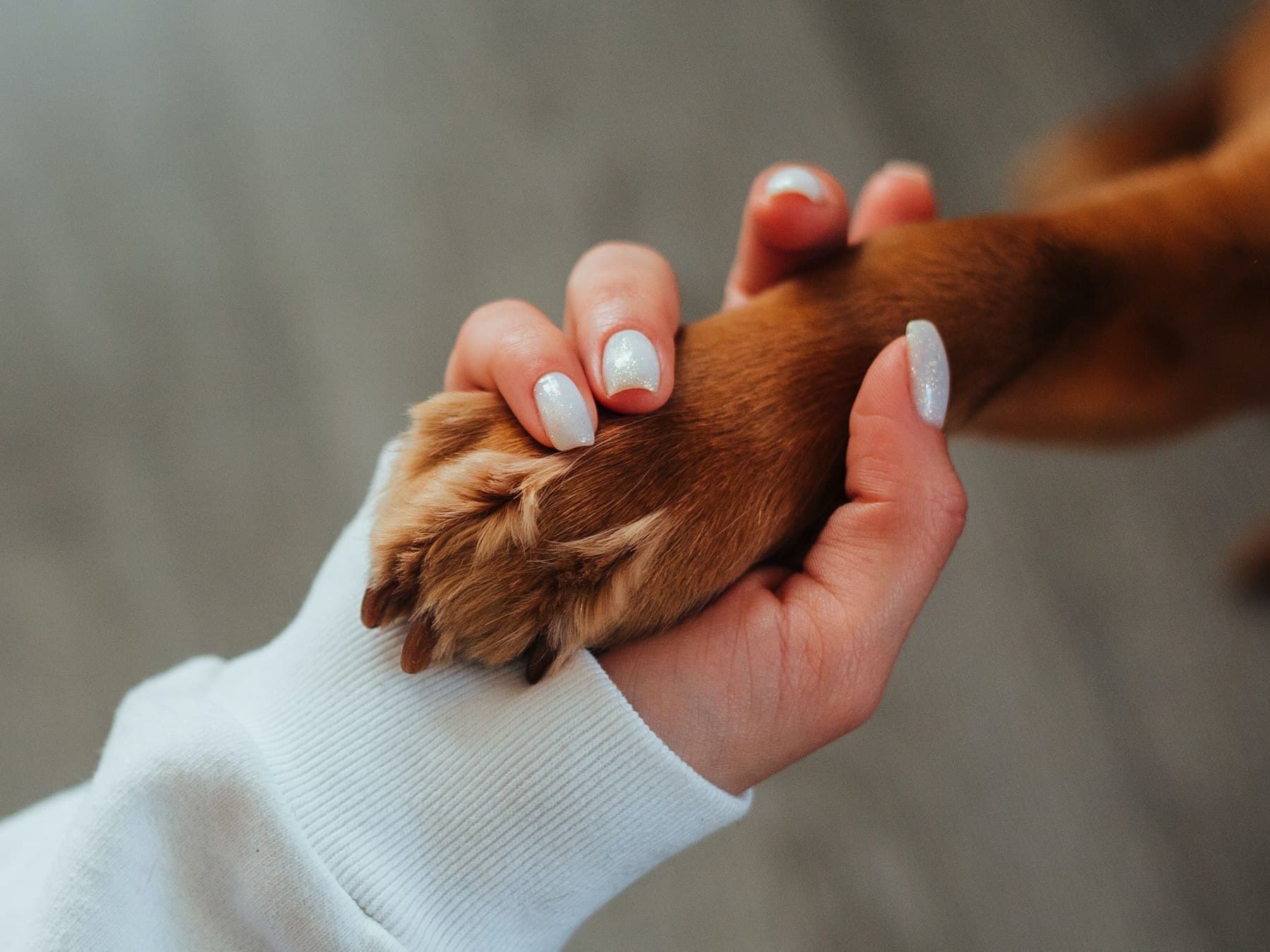
How do I know whether my dog is overweight? Why is my dog overweight or obese? My dog is overweight, what health risks do they face? How can I help them lose weight? Our Dog First Aid Surrey expert and Veterinary Surgeon Heather, answers all of your interesting questions!
Canine obesity is a very common problem in the UK, with vets estimating that around half of all dogs are overweight! Carrying excessive weight puts your dog at an increased risk of developing various health conditions, reducing their quality of life and it may reduce their overall lifespan.
How do I know whether my dog is overweight?
While putting your dog on the scales to weigh them is certainly helpful, it can still be difficult to know whether they are heavier than they should be, based on their size and frame. This is where body condition scoring can be very helpful. This technique scores the dog from 1-9 based on their level of fat cover, particularly over their ribs, spine and pelvis. Dogs should ideally score around 4-5, with anything over 5 being classed as overweight. Below is a helpful chart produced by Purina showing how to perform body condition scoring in your dog.

Why is my dog overweight or obese?
Most dogs are overweight as they are simply eating too much food and not doing enough exercise! This means that they are not burning off the excess calories that they are consuming, meaning this excess energy is stored as fat. For most dogs, eating less and being more active will normally result in them losing weight and therefore getting closer to their ideal body condition.
In addition, though, there are various other possible causes of weight gain, these include:
- Certain health conditions, such as hypothyroidism and Cushing’s disease. These conditions are also associated with other symptoms such as coat changes, lethargy and increased thirst – please speak to your vet if you are concerned.
- Age, with dogs being more prone to weight gain as they get older, as they tend to be less active, hence obesity is more common in dogs over 2 years of age. This is one of the reasons why it is important to feed your dog a diet that is appropriate for their life stage, to ensure that they are getting the appropriate number of calories each day.
- Underlying medical conditions (such as arthritis) can impact on the amount a dog is able to exercise. For these dogs a careful diet plan is key, especially given that being overweight can then exacerbate conditions such as arthritis, and so it can become a vicious circle. Please speak to your vet about a weight management plan for your dog.
- Neutering, as it results in a slight decrease in a dog’s metabolic rate, which can lead to weight gain if their diet is not adjusted accordingly. As long as they are fed fewer calories a day then neutering should not result in a dog gaining weight.
- Certain medication such as steroids can increase appetite as a side effect and can therefore predispose to weight gain.
My dog is overweight, what health risks do they face?
Being overweight or obese is associated with an increased risk of various health conditions including arthritis, heart disease, urinary incontinence, cruciate ligament disease, breathing problems, heatstroke, injury and back problems, as well as a shortened lifespan. It is therefore important to keep your dog at their optimal weight to keep them fit and healthy for as long as possible!
How can I help them lose weight?
Gradual and steady weight loss is best and is most likely to be maintained. Your vet or vet nurse can help to draw up a specific weight management plan for your dog. Regular visits to the vets can help to keep you on track and motivated with the weight loss, which can be difficult to appreciate given that you are seeing your dog every day.
Any weight management plan is likely to include feeding measured amounts of a suitable diet together with increased exercise. There are various weight loss diets available for dogs – again your vet will be able to advise you on the most appropriate one for your dog.


